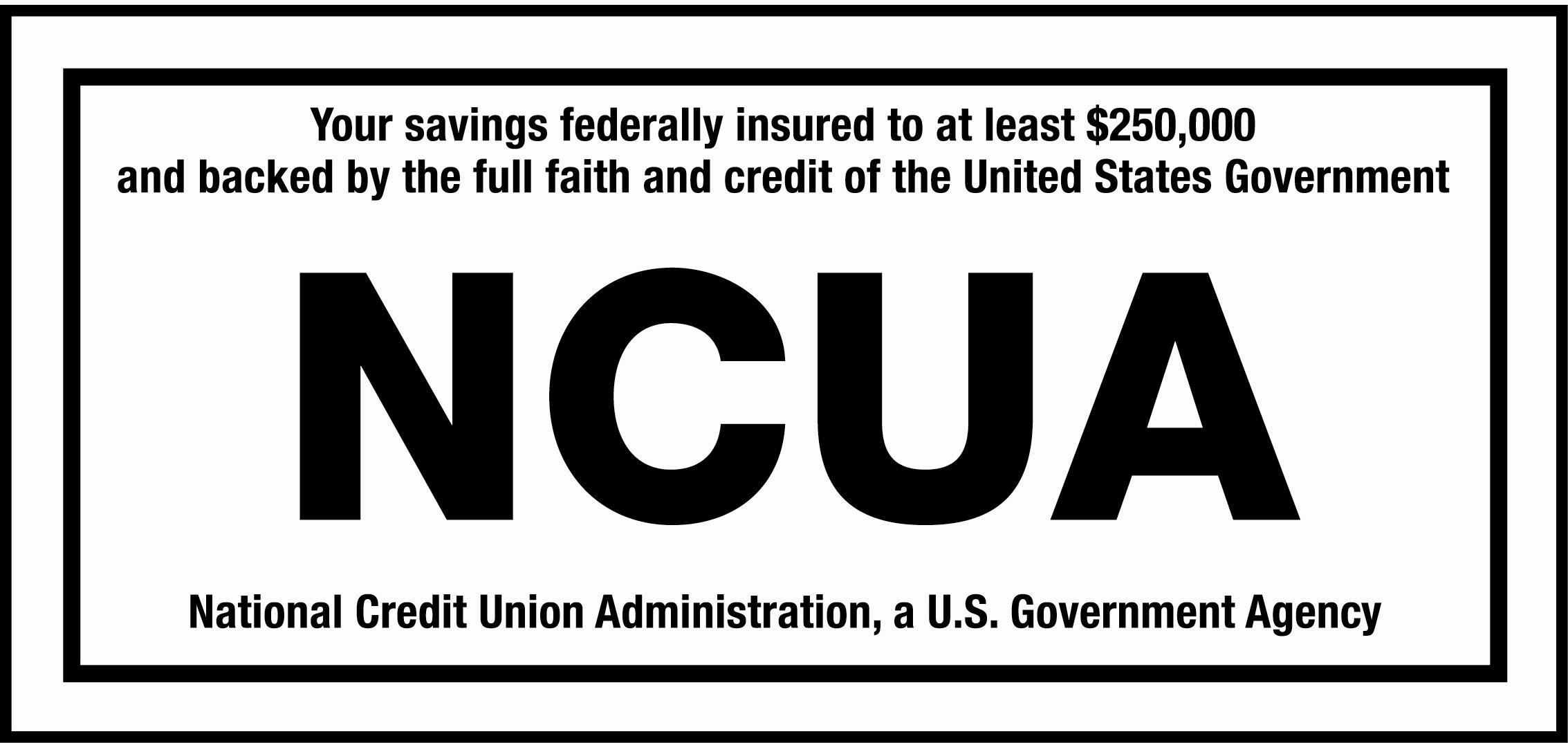TAX SCAMS 2019
The IRS is cautioning taxpayers to be extra careful this tax season due to a 60% increase in email phishing scams over the past year.
A tax-related email phishing scam will typically appear to be from the IRS. Once the victim has opened the email, the scammer will try to get at their personal and financial information. They will then use this information to steal the victim’s identity, empty their accounts or file taxes in the victim’s name and keep the refund.
The most popular tax-related phishing scams include the following:
1. Tax transcript scams. Victims are conned into opening emails appearing to be from the IRS with important information about their taxes. These emails actually contain malware.
2. Threatening emails. These phony emails appear to be from the IRS, demanding immediate payment for unpaid back taxes. When the victim clicks on the embedded link, their device will be infected with malware.
3. Refund rebound. A crook posing as an IRS agent will email a taxpayer, claiming they’ve been awarded too large a refund. The scammer will demand the immediate return of the “extra” money via prepaid debit card or wire transfer.
4. Phony phone call. A caller spoofs the IRS’s toll-free number and calls a victim, claiming they owe thousands of dollars in taxes that must be paid immediately under threat of arrest or deportation.
If you’re targeted
If your Caller ID announces the IRS is on the phone, don’t pick up! Simply answering can be enough to mark you as an easy target for future scams. Similarly, suspicious-looking emails about tax information should not be opened. Mark any bogus tax-related emails as spam.
Forward suspicious tax-related emails to phishing@irs.gov and alert the Federal Trade Commission at FTC.gov.
Protect yourself
Protect yourself against tax scams with these steps:
- File early in the season.
- Use the strongest security settings for your computer.
- Use unique, strong passwords for your accounts.
- Choose two-step authentication whenever possible.
Remember, the IRS will never:
- Call about taxes owed without having first sent you a bill via snail mail.
- Call to demand immediate payment.
- Threaten to have you arrested for unpaid taxes.
- Require you to use a specific payment method.



